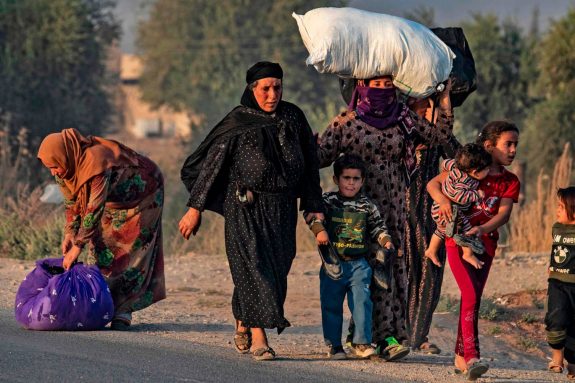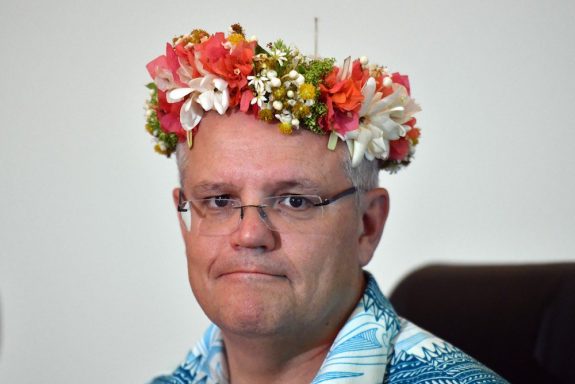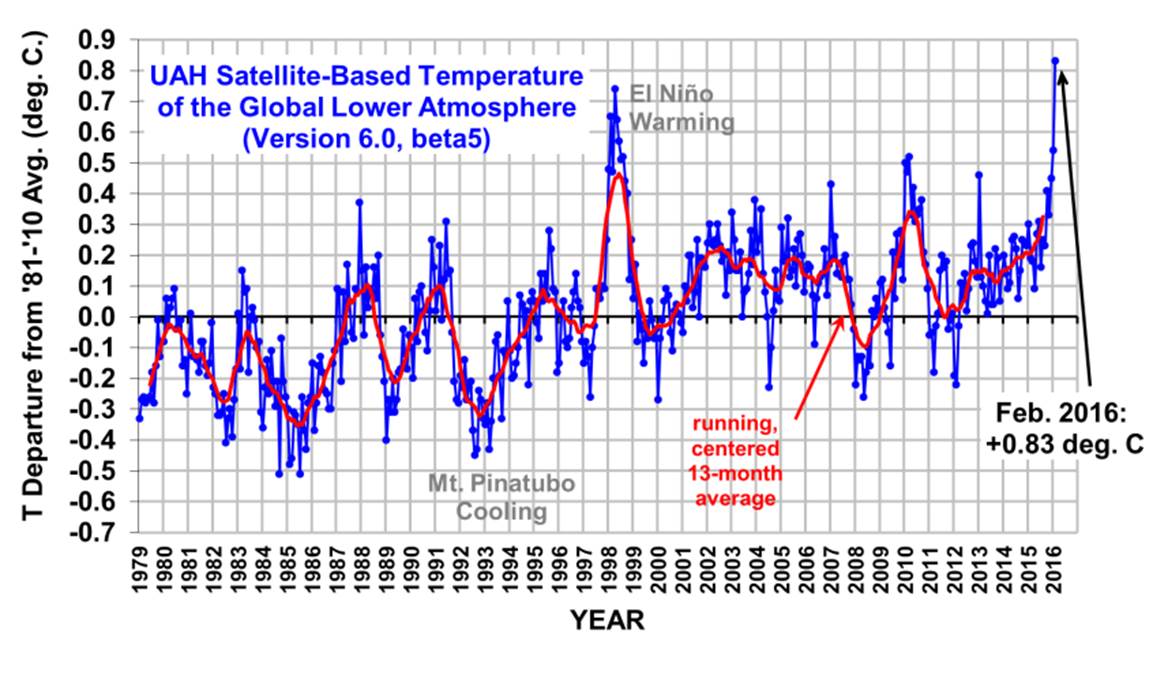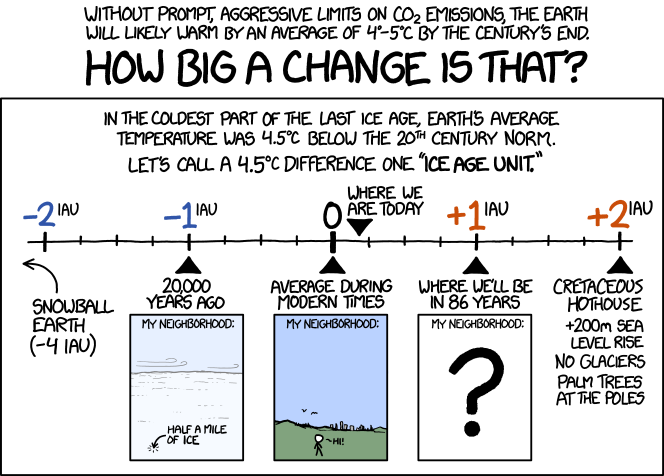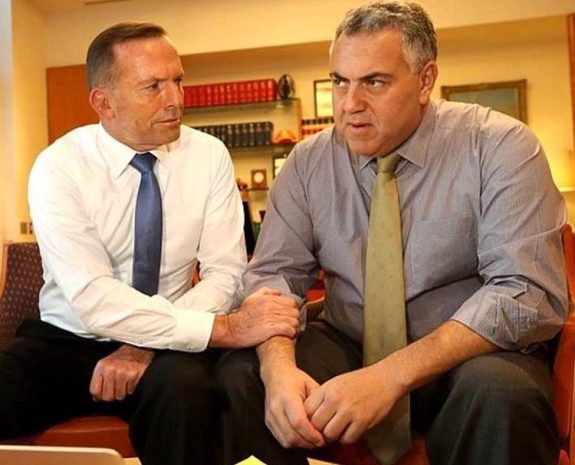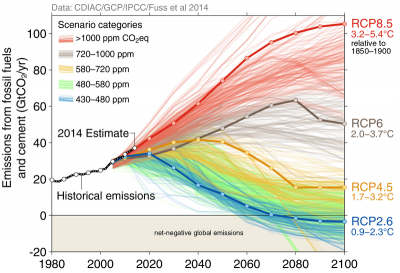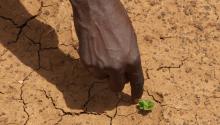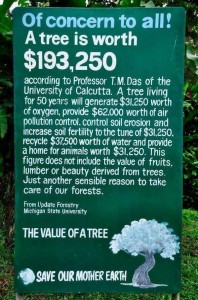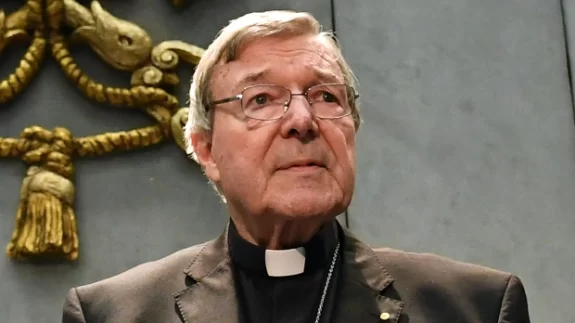Morrison’s credibility as leader goes up in a cloud of smoke.
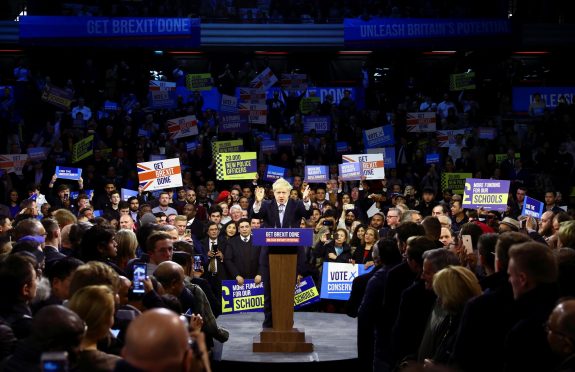
I’ve looked at clouds from both sides now
From up and down and still somehow
It’s cloud’s illusions I recall
I really don’t know clouds at all
Clouds Joni Mitchell
Clouds or clowns? The week’s politics offers both. A toxic miasma of 250 million tonnes of CO2 and clouds of sooty bushfire-smoke blanket vast tracts of eastern Australia yet also expose the Morrison government’s total leadership fail, while professional clown, Alexander Boris de Pfeffel Johnson has a huge win over truth, justice and democracy in the UK. In the US, Democrats finalise two articles of impeachment that are unlikely to bother President, Donald Teflon Trump.
“There is no Republican Party,” John Boehner, who served as House Speaker from 2011 to 2015, said last year. “There’s a Trump party. The Republican Party is kind of taking a nap somewhere.”
Ditto for the UK Conservative Party. And for Australia’s Liberals who retain the name only as some sick joke. Hilarious. Meanwhile, is Gus the badly-burned victim of the author of The Beauty Myth‘s vicious, anti-Semitism or is he just crying wolf? Could Angus Taylor be making some kind of Johnsonian run to be Australia’s next Prime Minister ? You decide.
What’s clear is Energy, Emission Reduction and Round-up Minister, Angus Taylor, is under a cloud of his own; the noxious emanations of allegations of outrageous water rorting, document forging and alleged lobbying of an environmental compliance officer (ECO) in 2016. The explanation he allegedly offers does not stack up.
Taylor sought permission to poison kangaroo or red anther wallaby grass and an associated threatened ecological community in the thirty hectare Jam Land grasslands in Monaro region NSW, a property located outside his electorate of Hume, weakening Taylor’s claim that his meeting was prompted solely by his constituents’ concerns.
Taylor did, however, meet with Geoff Richardson, the Department of Environment and Energy’s Assistant Secretary for the protected species and communities branch.
The department had prepared a briefing document on the grasslands which explained that the species had been protected since 2000 and that, collectively, temperate grasslands are among the most threatened vegetation in Australia, with only about 5% remaining in relatively undisturbed condition. It’s an indictment of our introduced agricultural practices and our land abuse.
Jam Land Pty Ltd is a Taylor family linked company in which one of Angus’ Cayman Island-registered companies has an interest through his family investment company Gufee. His brother, Richard Taylor, is the director of the company.
Now parliament’s shut its doors for 2019, hola! Gus is off like the clappers to Madrid. Labor wouldn’t grant him a pair, what with Scott Morrison’s erstwhile neighbour, former bin brother and mate, top NSW cop, Commissioner Mick Fuller, at the head of a strike force, he says is actively investigating Taylor over Clover gate.
Barnaby Joyce says Clover gate is a “triviality” which has gone on far too long. Leaking a false document to the Daily Tele to discredit Clover Moore is trivial? All the mayor has done is write to Taylor; tell him to lift his game on climate change.
At least Gus makes the last week of UN Framework Convention on Climate Change, COP25 which involves 190 nations. Why rush? No-one’s all that keen to see him.
Australia has already earned the Fossil of the Day award. Twice. Will Taylor, a noted wind-energy critic with close coal industry links be having another public tilt at windmills? Nope. Instead he ties up the conference with Kyoto credit nonsense.
Just to get the facts in context, Australia is responsible for about 1.3% of annual pollution, as our PM is fond of boasting. But this places us 16th on a ladder of polluting nations. We emit more each year than 40 countries with larger populations, including G7 members Britain, France and Italy.
Talk about punching below your weight.
Gus gives a speech which reprises former Environment Minister Greg Hunt’s twaddle about our “meeting and beating our targets” (but only if we cheat; use our carry over from Kyoto cop-out). Courageously, Taylor skips our outrageous plans to use 411m tonnes of CO2-equivalent credits from the previous Kyoto targets against the government’s newer Paris commitment. But he leaves it to delegates to resolve.
Absent from any reporting, or any Australian communication, is the story of how Howard Government Senator Robert Hill argued late in the night in Kyoto in 1997; how reliant Australia is on fossil fuel industries. How we needed a special favour. Hill got his way. Whereas Europe promised to reduce emissions by 8% by 2012, compared with the base year of 1990, and the US agreed to cut by 7%, Australia was one of three countries allowed to increase emissions – by 8%.
But that wasn’t enough. Long after most major players had gone home or had passed out from exhaustion, Hill got the UN to accept land-clearing; include land-use changes in calculating emissions. The Guardian Australia’s Lenore Taylor sums up,
“Restrictions that had already been imposed on large-scale land clearing – especially in Queensland – allowed Australia to rest assured it had achieved its new target before it even signed up to it.”
In other words, Angus Taylor is on a fool’s errand if he thinks he can sell our Kyoto carryover caper yet again. Yet in our brave new world where Trump’s United States can just pull out of Paris, how much does good faith really matter?
Taylor flies out Friday leaving a skeleton crew of Australian negotiators to put the carry-over case. Observers expect negotiations on carbon trading rules and other issues to last until at least Sunday, Australian time. Only Australia is willing to play that card says John O’Connor CEO of the Carbon Markets Institute and it’s not winning us any friends.
There’s a more than a touch of the quixotic; a lot of Boris in Angus Taylor -beyond each MP’s wealth, their hidebound sense of privilege and entitlement, their membership of elite families, their Oxonian education and their ludicrous buffoonery. In Taylor’s case, unlike Boris, however, the class act is also a family affair. Enter Louise Clegg.
Gussie’s wife, Sydney barrister Louise Clegg, unreliably rumoured on social media to have local government aspirations in Sydney, but who “does not speak to journalists”, is quoted in the Australian Financial Review warning that rolling blackouts might be needed to teach people that “left populism (is) not the answer” to Australia’s policy challenges. Opposed to coal? Let them light candles instead.
Some Liberal malcontents mutter about having a Minister for emissions reductions who doesn’t actually want to reduce emissions but that’s Scott Morrison’s trademark perversity in his captain’s call in allocating ministries to MPs with opposing interests and backgrounds. Keeps everyone on their toes. Fantastic. Great move. Well done, Angus.
“Tickets” Taylor clearly sees himself as “a rising Liberal star” who may be only a Dutton coup away from being Deputy Prime Minister. Or are his sights already on the top job? He’s certainly attracting a lot of attention in track work. Just not the right type of attention.
Gus fully expects to be allowed to play Kyoto-Carryover, a party trick, a rare form of carbon emission-figure-fiddling while Spain burns along with the rest of the world. Editor Maddison Connaughton observes in The Saturday Paper,
“In Madrid, Angus Taylor argues for carryover credits, so that the government might do less. The world is slowly ending and he is doing a card trick. He is not even doing it well, and has to ask the other countries if they will pretend they didn’t see him cheating.”
It helps to have galloping Gus out of the country while NSW police investigate The Mystery of the Doctored Documents, another Canberra soap bubble opera which concerns false claims about Sydney City Council’s exorbitant overseas travel bill his office dropped to the Daily Telegraph 30 September to discredit the green credentials of Sydney’s Lord Mayor, Clover Moore. Any day or month now, police are bound to solve this baffling case, given how much rides on its speedy resolution. Or not. Imagine how our AFP, with full TV camera crews, would bust Gussies’ office if he were Labor.
But now to BoJo, who modestly claims a “huge great stonking mandate” in the UK general election, over anti-Semitic, socialist, dotard, Jeremy Corbyn – who offends the press by not immediately resigning; outliving his political demise. Bojo’s win heartens our own Coalition government of secrets, lies and rubbery figures and its Tory Story supporters in Murdoch’s The Australian, whose orgy of Corbyn-bashing parallels its relentless character assassination of Shorten in its epic Kill Bill campaign.
Australia’s sons let us rejoice in a victory for vanity and mediocrity. Even The New York Time’s Jenni Russell describes the contest in terms that would delight the late, great, absurdist, dramaturge Samuel Beckett:
“Two vain, incompetent, mediocre charlatans are competing to become prime minister. For the Conservatives, we have the blustering, lying, oafish puffball Boris Johnson. In the Labour corner is the querulous, wooden, sanctimonious Jeremy Corbyn.”
In mirror images of our own oxymoronic Coalition’s MPs, Russell sees each UK pretender as ill- briefed, hazy on the facts and implications of policy proposals, uneasy under scrutiny and belligerent when challenged. Yet, again, as in our local, national soap opera “How good is Australia?” both MPs meet realities of stagnant wage growth, galloping economic inequality and a mounting workers’ sense of helplessness with lies – especially Boris’ Brexit consoling fantasy.
As both ScoMo and Donald Trump know, illusion and deceit can build a type of rusted-on loyalty; feed our emotional need to believe that our leader is on our team. It’s a blind faith; at best indifferent to facts – if not downright hostile.
How Good is Australia has a sequel. How good are Quiet Australians? It’s a narrative about blind obedience; a type of group-think loyalty which scorns key detail and elevates faith above empiricism, especially the science of climate change.
If you are going to tell a lie tell a big one. Angus Taylor knows that. The big lie is back -if it ever went. If your big lie looks absurd, then launch an even more outrageous counterfactual counter-attack. The figures did not come from Clover Moore’s Sydney Council website. Throw a staffer, such as Josh Manuatu, under a bus. Then attack Naomi Wolf for her Christmas Tree War. When that’s exposed as a blatant lie, call the Jewish feminist writer an anti-Semite. Or sexist.
What’s wonderful about Gus’ contribution to our public conversation is its inspired inclusivity. No elitism here. After all, most of us were Rhodes Scholars together at Oxford. We all have a Jewish grandmother somewhere and we’re all on first name terms with Naomi. Probably send her Christmas cards. Talk to her about how good is attending Mass.
Boris’ big lie? A quickie divorce from foreign control, the parasites, bludgers and tinpot dictators of the EU will make Britain great again. Instead, he’s more likely to preside over Scottish independence than anything faintly like the Great Britain of his followers’ magical thinking. Probably about one hundred years too late, Boris.
But, in a post truth age, deceit rules. Victory goes to best clown. In a debased, corruption of the court jester, the most plausible liar, the most brazen dissembling toady to the powerful, wins. Enter the PM as best crowd-pleaser.
As with Trump, local fans bust a gut to cheer on a fellow fraud; rally around his bigotry, ignorance and monumental incompetence. Lionise his repulsiveness. Naturally, Pete Costello’s Nine News’ Sydney Morning Herald throws to our own James McGrath.
“You don’t become mayor of London, you don’t become foreign secretary, you don’t become the elected leader of the Tories, you don’t become Prime Minister of the United Kingdom and you don’t secure a new Brexit deal against the odds by being a dunderhead,” slobbers Johnson’s former aide, our senator for Adani, local savant McGrath.
Unlucky Jim McGrath, “Let them go if they don’t like it here” was fired, by Boris, in 2008 for telling older, Afro-Caribbean Britons to return to the Caribbean if they didn’t like the vibe and other vast benefits of Tory rule in London.
You don’t become? – clearly, you do, Jimmy. Above all, your former boss, Boris’ has the gift of the gaffe. BJ’s way with words supercharges his natural tact, his homophobia, xenophobia and misogyny. It’s unifying. Uplifting. Inspiring.
Gay men love it when Boris calls them, “tank-topped bum-boys”. Women in burqas are cheered to hear Boris; ” would go further and say that it is absolutely ridiculous that people should choose to go around looking like letter boxes.”
Britons in general -not just racist Brexiteers, are also hugely comforted to know that if “a female student turned up at school or a university lecture looking like a bank robber” Boris would ask her to remove it [the burqa] to speak to her.
Despite being fired for telling lies as a journalist, urbane, cosmopolitan Boris is a peerless wordsmith. Who else could claim, “Voting Tory will cause your wife to have bigger breasts and increase your chances of owning a BMW M3.” ?
Boris will Get Brexit Done, Rupert’s local toadies croak. It’s Johnson’s only slogan. Yes. The Oz is a political party in its own right, as Kevin Rudd knows. But hold the front page. Getting Brexit done will create a bonanza Down Under all wrought by the miracle of UK trade deals with Australia which will be signed off within a year. It’s a done deal.
Oddly overlooked by The Oz is that there’s not a skerrick of evidence to suppose that Johnson can get anything done. Au contraire, apart from Boris’ sheer brilliance as professional fabulist, serial womaniser and a policy-free zone on a bicycle – his entire political career is one of unrelieved, bungling ineptitude. And malignant narcissism.
Unless, of course you admire Boris’ cunning stunts and his peerless record for cop-outs and cock-ups. Crass theatrics. Above all, is Johnson’s endearing laziness, his inspiring, Trump-like resolve not to bother with the fine print or even read briefings at all.
Also forgotten by The Oz is heretical research that shows that our own, upright, tax-evading, wage-stealing business class are fully occupied in being the backbone of the nation -having a go and getting a go. They mostly can’t understand free trade deals, don’t use them because they are too complicated – or they’ve lost buckets of money on them in the past.
Unsurprisingly, a survey of Australian businesses, big and small, conducted last year by our august Australian Chamber of Commerce and Industry, found local tycoons largely ignore free trade agreements.
Yet, in another sign of the times, Johnson’s Tory Party win is a big victory for mendacity. Morrison’s mob will take great comfort that Johnson’s government was helped into being by a farrago of online lies.
First Draft, a disinformation tracking organisation, finds 88 per cent of the most widely circulated online Tory ads during the first four days of December were misleading. That’s nearly all of them. First Draft found no Labor disinformation in the same period.
But it’s another thing to try to lie your way out of a real crisis; one that demands a rational response and real leadership – as Boris and Scott Morrison will discover.
A noxious miasma of acrid smoke smothers the yellow brick roads of The Emerald City poisoning Sydney’s air, over twelve times hazardous levels in Camden and Liverpool, Tuesday, as catastrophic fires continue to ravage the east coast of Australia, consuming over 2.7 million hectares of bush and destroying seven hundred homes in four weeks.
Commuters choke. Hospital emergency admissions soar. Ferry services are cancelled. Yet no smoke is thick enough to cloak the federal government’s wilful blindness; its failure of leadership. Morrison’s government is being tried by fire; bushfires of unprecedented scale and ferocity. And it is found lacking -utterly, comprehensively lacking. Not a clue what to do but to retreat into a type of paralysis.
The smoke is thick enough to trigger alarms at Liberal HQ in Sydney where Australia’s climate science denialist Prime Minister Scott Morrison neatly sidesteps the nation’s catastrophic bushfire crisis by holding a press conference on his post-truth, post-government’s religious discrimination bill, a sop to his right wing, which effectively foments intolerance by extending the definition of religious organisations to include hospitals and Op-shops. Smoke prevents from leaving the building.
“Let’s not beat around the bush … let’s call it for what it is. These bushfires have been caused by extreme weather events, high temperatures, the worst drought in living memory – the exact type of events scientists have been warning us about for decades that would be caused by climate change,” says Matt Kean, who is the leader at state level of the NSW Liberals’ moderate faction.
Kean is quickly clobbered; he cops a hiding for being right in The Australian. He’s accused of using the bogeyman of climate change as an excuse for not introducing any new initiatives – whatever they might be. It’s a straw man argument in which the Australian specialises. He’s also – shock – horror –“politicising the fires”.
“The [no new initiatives] revelation comes after Mr Kean attracted criticism for politicising the devastating fires — which have seen six people killed and more than 720 homes destroyed so far this season — by claiming the nation needed to prioritise the urgent reduction of carbon emissions to prevent catastrophic bushfire seasons becoming the new norm.” Expect a lot more of this type of smear before the season of peace on earth and goodwill to all men and women is over.
But a few festive season shout outs are in order. Merry Christmas aged care executives – enjoy your $12 billion dollar a year subsidy and congratulations in lobbying govt to vote down Aged Care 2019 amendments to make aged care accountable – as recommended by the current Royal Commission.
Public health researcher, Dr Sarah Russell, reports for veteran Walkley Award winning investigative reporter Michael West how a “few big interests” run our coalition government was on full show last week, when three critical amendments to the Aged Care Legislation Amendment (New Commissioner Functions) Bill 2019 were tabled. The Liberal-Nationals voted against all amendments.”
The amendments would have been a watershed in aged care – holding private firms accountable for their duty of care rather than maximising their profits. To vote down the reforms makes a mockery of the Commission’s findings and stalls vital transparency and accountability around finances, staffing ratios and complaints in aged care homes.
Yet you’ll hear a lot of boasts about the number of new home care packages available. Few of us are ever frail enough to warrant any kind of care package at all. Most packages available to average candidates offer very limited practical help.
The elderly do not need neoliberal packaging, any more outsourcing, service-delivering or commodifying. They need a government prepared to exercise humanity and to reform a system which horrifies Royal Commissioners by its cruelty, its abuse and its neglect of our senior citizens – all in the interests of a privatised age care system which works mainly for the financial benefit of owners and investors..
Season’s greetings also to all pensioners who may still be able to fend for themselves.
Waiting until the last sitting day, the Coalition uses its numbers to quietly push through its Social Security Integrity Bill which will make life harder for 400,000 Australians. Newstart recipients are mostly over 45. A quarter are over 55 years old.
Labor’s Linda Burney, Shadow Minister for Families and Social Services is furious at the arbitrary, uncaring injustice.
” … the two onerous or odious bits of this bill is what’s called the Liquid Assets Waiting Time. If you are a middle aged man, who’s lost their job; been made redundant; and you have more than $36,000 in the bank – or if you’re single and have $18,000 in the bank – the government wants to double the wait time before you can access social security.
So it’ll go from 13 weeks to 36 weeks, which is half a year. And it means that the government expects people to run down all their savings – any buffer they’ve got for a disaster in their life, like sickness – before they can access social security.
The second aspect of this bill which is odious as well is what’s called the migrant wait time. That means if you’re someone that’s migrating here from overseas, and you go back to your home country for more than six weeks the government wants to take the age pension supplement off you.
One final image of a government out of touch with those in its duty of care; a government crippled by internal division and its servitude to climate change deniers in its ranks and its donors; our coal barons and fossil fuel magnates, occurs Tuesday.
The bushfire smog is so thick that it triggers fire alarms trapping occupants of Liberal HQ in Sydney. Prevented from leaving also, is a climate science denialist PM who is trapped in a building by smoke from fires fuelled by man-made global warming, a term which the press has largely dropped in favour of the neutral “climate change”.
Time to drop the ideology, Mr Morrison. If you can’t join the dots connecting climate change and catastrophic bushfires, it’s high time you stepped aside in favour of someone who can. Or sought advice from experts. Not turn away when former fire chiefs try to help you with their advice and expertise.
Given your government’s track record, so far, however, it’s clear that you are a dangerous liability in the current crisis. You are not just fiddling while a nation burns, you are feeding the flames with your inertia, your policy paralysis, your wretched climate science denial. Time to declare a state of national climate emergency as a first step to taking the type of emergency action that experts are urging you to adopt.
Twenty-three former fire and emergency leaders say they tried for months to warn you that Australia needed more water-bombers to tackle bigger, faster and hotter bushfires. Former NSW Fire and Rescue chief Greg Mullins — one of the founders of the Emergency Leaders for Climate Action Group — says his group’s been seeking a meeting with Federal Government to discuss the crisis since April.
Subsequent pleas fall on deaf ears. Time to act step aside in favour of someone who can. Australia’s current crop of catastrophic fires are not about petty party politics and climate science denial. They are a real and pressing danger you need to address now.
Call the National Summit which Greg Mullins and Lee Johnson, two former fire chiefs from NSW and Queensland, say we need immediately to work out “how to deal with the increasing strain on volunteers battling more extreme and frequent bushfires, but also how Australia deals with fire in a changed climate.” Listen to them.
“What we’re saying long term is there needs to be a paradigm shift for how we deal with these fires,” former chief of NSW Fire and Rescue Greg Mullins says.
“A big national conversation needs to be had. We need farmers, councils, the military, politics.” Of course, it won’t solve the crisis but it’s a very good start.
Instead we have a federal government and a headstrong, obdurately stubborn PM unwilling and incapable of taking any advice that is not his own or from powerful cronies whose views he already shares. It’s a lethal combination. A deadly Canberra bubble all of Scott Morrison and his ministers’ own making.
Don’t look to Boris Johnson’s win as some kind of vindication; far better that you treat it as a warning that even a lunatic, incompetent, clown born with a silver spoon in his mouth can get elected PM but there’s no reason to believe he knows remotely where to begin when it comes to governing. Nor does he have the personality or the nous to ever learn. If that sounds familiar, it’s time you, yourself, stood aside or at least owned your own cluelessness. The bluffing just adds another potentially lethal layer of disaster.
Like what we do at The AIMN?
You’ll like it even more knowing that your donation will help us to keep up the good fight.
Chuck in a few bucks and see just how far it goes!










